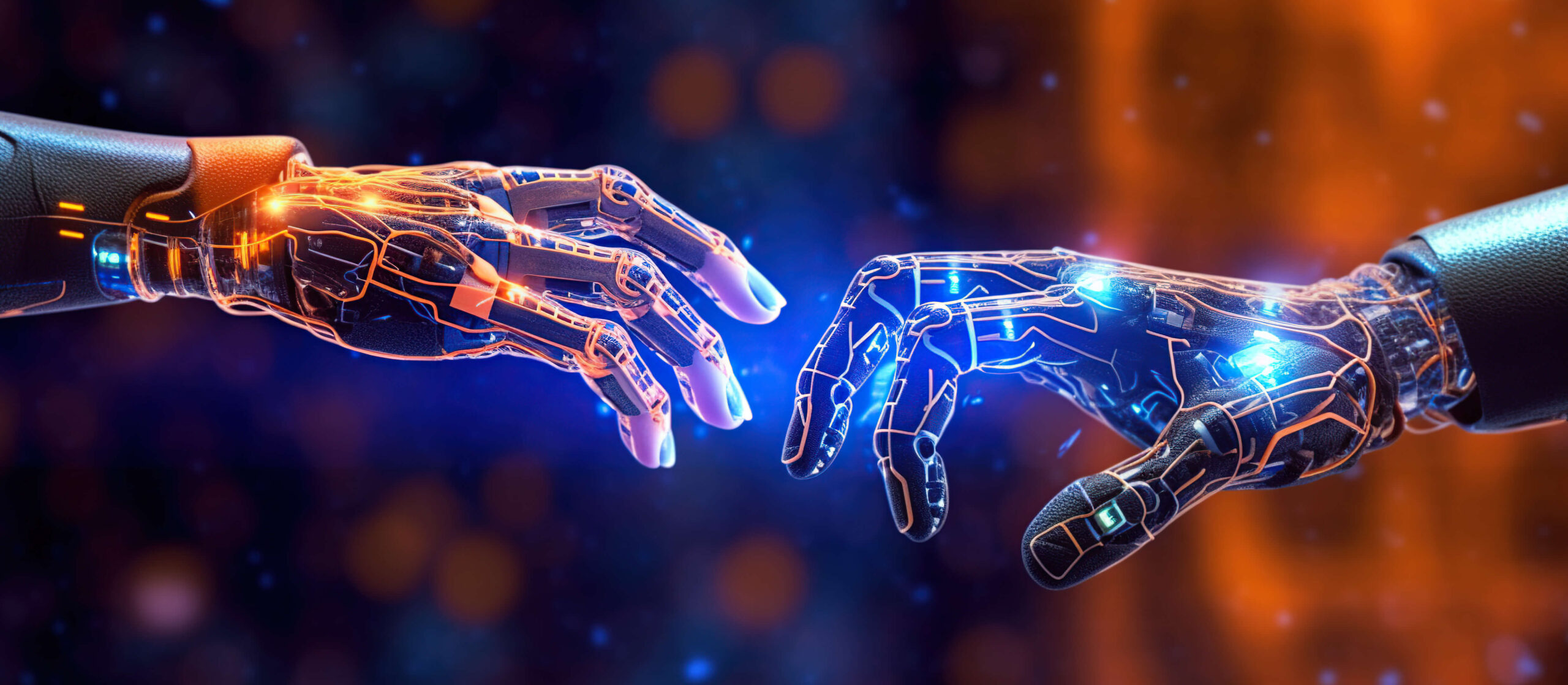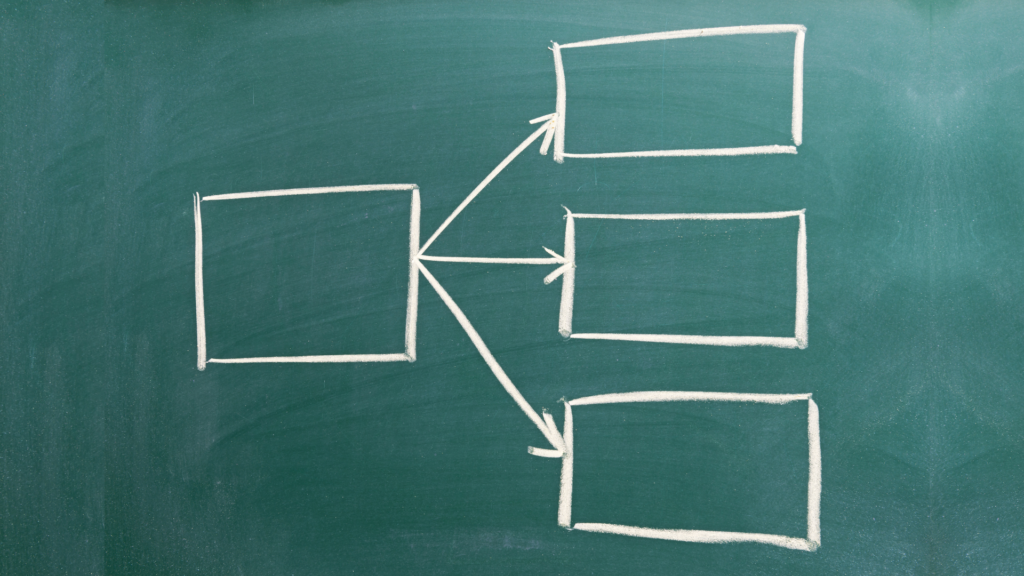Picture a world where your word isn’t just something you give but something you can embed in code, transparent for all to see, and virtually unbreakable. That’s the promise of the “Digital Agreement Revolution” brought about by smart contracts. In an age where even a handshake is digitized, the age-old ink-on-paper contracts are giving way to these self-executing digital wonders. From simple peer-to-peer agreements to intricate multi-party collaborations, smart contracts are weaving a new narrative in the digital realm, one block(chained) at a time.
The Rise of Smart Contracts
Gone are the days when contracts were convoluted, paper-heavy, and reliant on trust alone. The digital age ushered in smart contracts, a blend of code, logic, and the trustworthiness of blockchain. The premise is simple: Set the rules, agree on the conditions, and let the contract execute itself. The result? Trust was enhanced, middlemen eliminated, and efficiency skyrocketed.
As tech pioneer Nick Szabo once quipped, “In a smart contract approach, an asset or currency is transferred into a program, and the program runs the code, automatically validating a condition, and it automatically determines whether the asset should go to one person or back to the other person, or whether it should be immediately refunded to the person who sent it or some combination thereof.”
How Smart Contracts Work
Picture a scenario where you want to purchase a property. In a traditional contract, you’d rely on multiple intermediaries, potentially including real estate agents, lawyers, and banks, to facilitate the transaction. With a smart contract, the process becomes streamlined. The contract code, deployed on a blockchain, automatically triggers the transfer of ownership to you once the agreed-upon conditions—such as payment and title verification—are met. No intermediaries, no extra costs, no weeks-long wait. That’s not just innovation; it’s a revolution.
Key Advantages of Smart Contracts
-
Trust in Code, Not Middlemen
-
A Fort Knox for Digital Agreements
-
Speed and Precision
-
Penny Wise
By eliminating intermediaries, smart contracts cultivate trust in code and process. You trust the logic, and blockchain ensures it remains tamper-proof.
The tamper-proof nature of blockchain ensures that once a smart contract is executed, it cannot be altered or manipulated. This enhances security and mitigates fraud risks.
Say goodbye to prolonged, manual processes. These digital contracts ensure transactions and agreements are swift and devoid of errors.
By automating and eliminating intermediaries, the associated costs tumble down significantly, making processes more economical.
Beyond Cryptocurrencies: The Expansive Role of Smart Contracts
While cryptocurrencies introduced many of us to blockchain, the scope of smart contracts is truly panoramic. From supply chain management, where they facilitate transparent tracking of goods, to healthcare, where they enhance the management of patient records, the versatility of smart contracts is astounding. Intellectual property rights, insurance, and even voting systems stand to benefit from the transformative power of this technology.
Navigating the Challenges
No revolution is without its challenges. They require a solid understanding of blockchain technology and programming, potentially limiting their accessibility. Regulatory frameworks are still catching up, creating uncertainties for businesses. Moreover, ensuring the security of smart contracts is paramount, as vulnerabilities can lead to unforeseen consequences. However, as with all pioneering tech, these growing pains are but stepping stones to widespread adoption and refinement.
The Future of Smart Contracts
The future of smart contracts is brimming with promise. The digital world is no stranger to evolutions, but some revolutions redefine the way we interact and transact. As technology advances and adoption spreads, we can envision several key developments:
From Niche to Norm
The whispers of smart contracts are slowly turning into assertive conversations. With the rise of more intuitive platforms, even the less tech-savvy among us will soon find these contracts as regular companions. According to Gartner, by 2025, at least 50% of global companies will be using smart contracts in their daily operations. We’re on the brink of a tidal shift where trust gets a digital dimension.
Building Digital Bridges
It’s a connected world, and our digital solutions must talk to each other. Seamless communication between different blockchain networks is not a luxury; it’s a necessity. The promise of interoperability ensures that a smart contract from one platform can shake hands with another, paving the way for boundless collaborations and transactions.
Old Laws, New Tech
While the digital realm is racing ahead, our legal frameworks are donning their running shoes. From understanding the nuances of digital contracts to ensuring that justice is served in this new arena, the legal world is catching up. And it’s not just about enforcement; it’s about marrying age-old legal principles with futuristic tech.
A Digital Fort Knox
A system is only as robust as its weakest link. While blockchain offers inherent security, continuous R&D ensures that smart contracts remain a hard nut to crack. As Bill Gates aptly put it, “People always fear change.” By fortifying smart contract security, the goal is to shift this fear to faith.
When Your Fridge Becomes a Shopper
Imagine a world where your car pays for its fuel, or your home orders its essentials. With the IoT ecosystem expected to hit 75 billion devices by 2025, the integration of smart contracts will usher in an era of truly smart homes and devices. The mundane tasks get automated, offering a life of leisure and efficiency.
Own a Piece of the Pie, Literally
Ever fancied owning a fragment of a famous painting or a sliver of prime real estate? Tokenization, powered by smart contracts, is turning these dreams into tangible realities. It’s democratizing asset ownership, making luxury accessible, and investments more diverse.
Decentralized Autonomous Organizations (DAOs)
Imagine a company without a CEO, managers, or hierarchies, yet it runs like a well-oiled machine. DAOs, fueled by smart contracts, are reimagining the concept of organizations. With collective decision-making and token-based governance, they are exemplars of democracy in the digital domain.
Conclusion: Embracing the Smart Contract Revolution
The canvas of digital innovation is vibrant, with smart contracts painting a future where trust is digitized and transactions are seamless. They’re not just codes but symbols of a world eager to shed the cumbersome ways of the past. Challenges are but mere stepping stones on this transformative journey.
As we steer into this new era, we’re not just witnessing a technological shift; we’re part of a broader tapestry where every digital handshake is transparent, prompt, and trustworthy. Welcome to the heart of the Digital Agreement Revolution, where the future is not just written—it’s coded.



